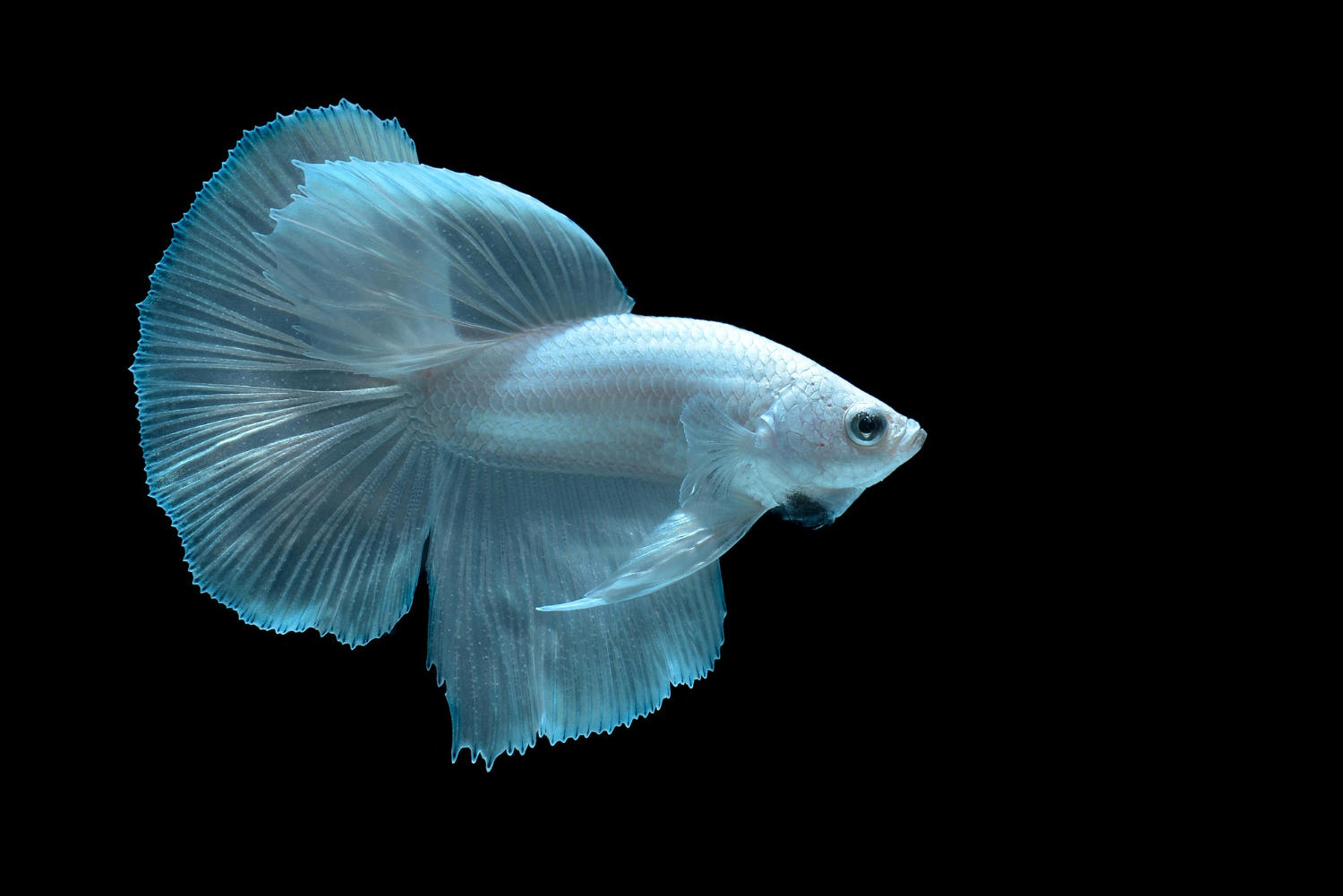Fish have been a vital source of food and entertainment for humans for centuries. Angling, fishing, and seafood consumption are popular activities worldwide. However, have you ever wondered if fish feel pain? The topic has been the subject of debate for a long time, with arguments on both sides. Some people believe that fish don’t feel pain because they don’t have the same kind of brains as humans, while others argue that fish may feel pain and are just not able to express it. In this blog post, we will explore the truth behind the question, Do fish feel pain? and provide you with an evidence-based answer.
Fish are one of the most commonly consumed animals in the world. They are also one of the most popular pets. But have you ever wondered if they feel pain? This question has been debated for many years, and the answer is not as simple as a yes or no. In this blog post, we will explore the truth about whether fish feel pain or not.
Can Fish Feel Pain?
The first thing we need to understand is what pain is. Pain is defined as an unpleasant sensory and emotional experience associated with actual or potential tissue damage. It is a complex experience that involves both physical and emotional components.
Fish have a nervous system, which means they have the ability to sense their environment. They can detect changes in temperature, light, and pressure. They also have nociceptors, which are specialized nerve cells that respond to potentially harmful stimuli. These nociceptors send signals to the brain, which then interprets them as pain.
Studies have shown that fish have similar brain regions to those in humans that are associated with pain perception. They also exhibit behaviors that suggest they are in pain, such as rubbing against objects, reduced activity, and changes in feeding behavior.
However, some researchers argue that these behaviors could be a result of stress rather than pain. Stress is a biological response to a perceived threat, and it can cause changes in behavior similar to those seen in animals experiencing pain.
So, can fish feel pain? The answer is still not clear. While there is evidence to suggest that they do, more research is needed to fully understand their experience of pain.
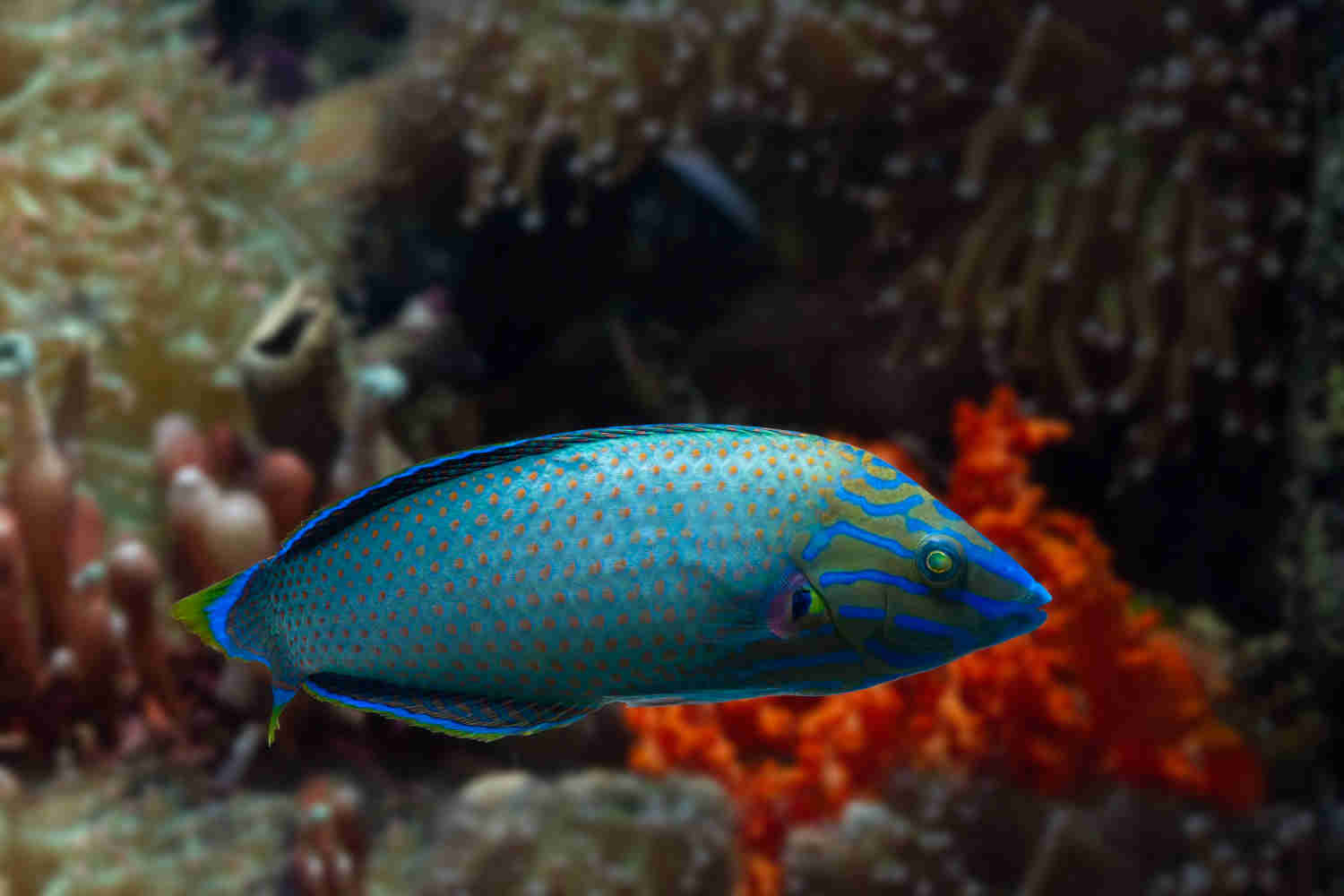
Implications for Fish Welfare
Assuming that fish do feel pain, what are the implications for their welfare? The answer is that it could have a significant impact. If fish are capable of experiencing pain, then it is our responsibility to ensure that they are treated with respect and compassion.
This means that we need to rethink the way we treat fish, both in the wild and in captivity. We need to ensure that they are not subjected to unnecessary suffering, such as being caught and released repeatedly, or kept in cramped and unsanitary conditions.
It also means that we need to reconsider our consumption of fish. If we accept that fish are capable of experiencing pain, then it is difficult to justify the mass consumption of these animals. We need to be more mindful of our impact on the environment and the animals that inhabit it.
Overall, the question of whether fish feel pain is a complex and controversial one. While there is evidence to suggest that they do, more research is needed to fully understand their experience of pain.
Assuming that they do feel pain, we have a responsibility to ensure that they are treated with respect and compassion. This means rethinking our treatment of fish, both in the wild and in captivity, and being more mindful of our impact on the environment.
Ultimately, the question of whether fish feel pain raises larger ethical questions about our relationship with the natural world. It is up to us to ensure that we are treating all animals with the respect and compassion they deserve.
In conclusion, the question of whether or not fish can feel pain is a complex and controversial topic. While there is evidence to suggest that fish do experience pain, there is still much that we don’t know about the nature and extent of their suffering. As responsible anglers and fishkeepers, it’s important that we continue to educate ourselves and take steps to minimize any harm we may inadvertently cause to these creatures. Whether we choose to catch and release, use humane fishing methods, or simply appreciate fish from afar, we can all play a role in protecting these fascinating and important members of the animal kingdom.


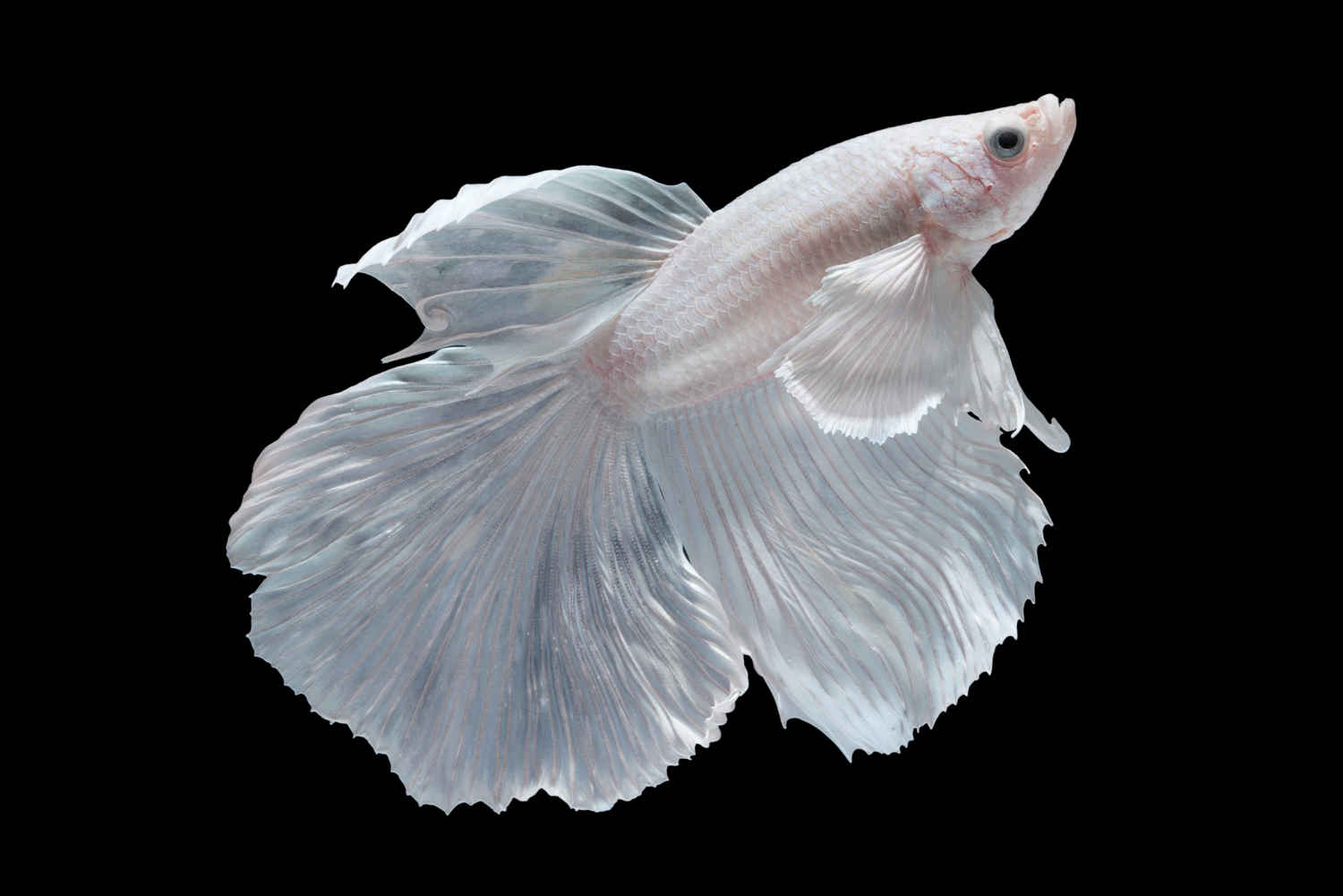
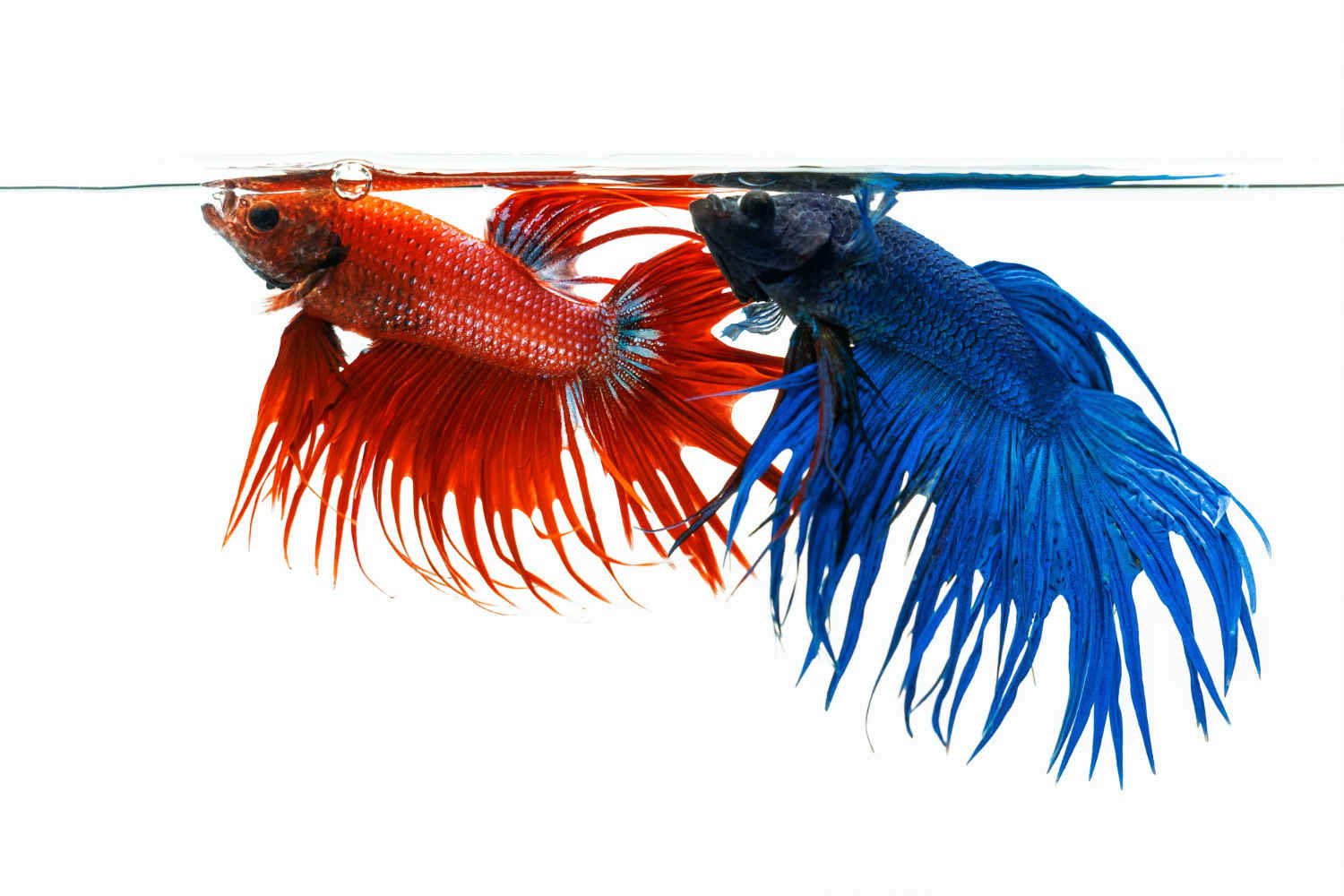
.jpg)
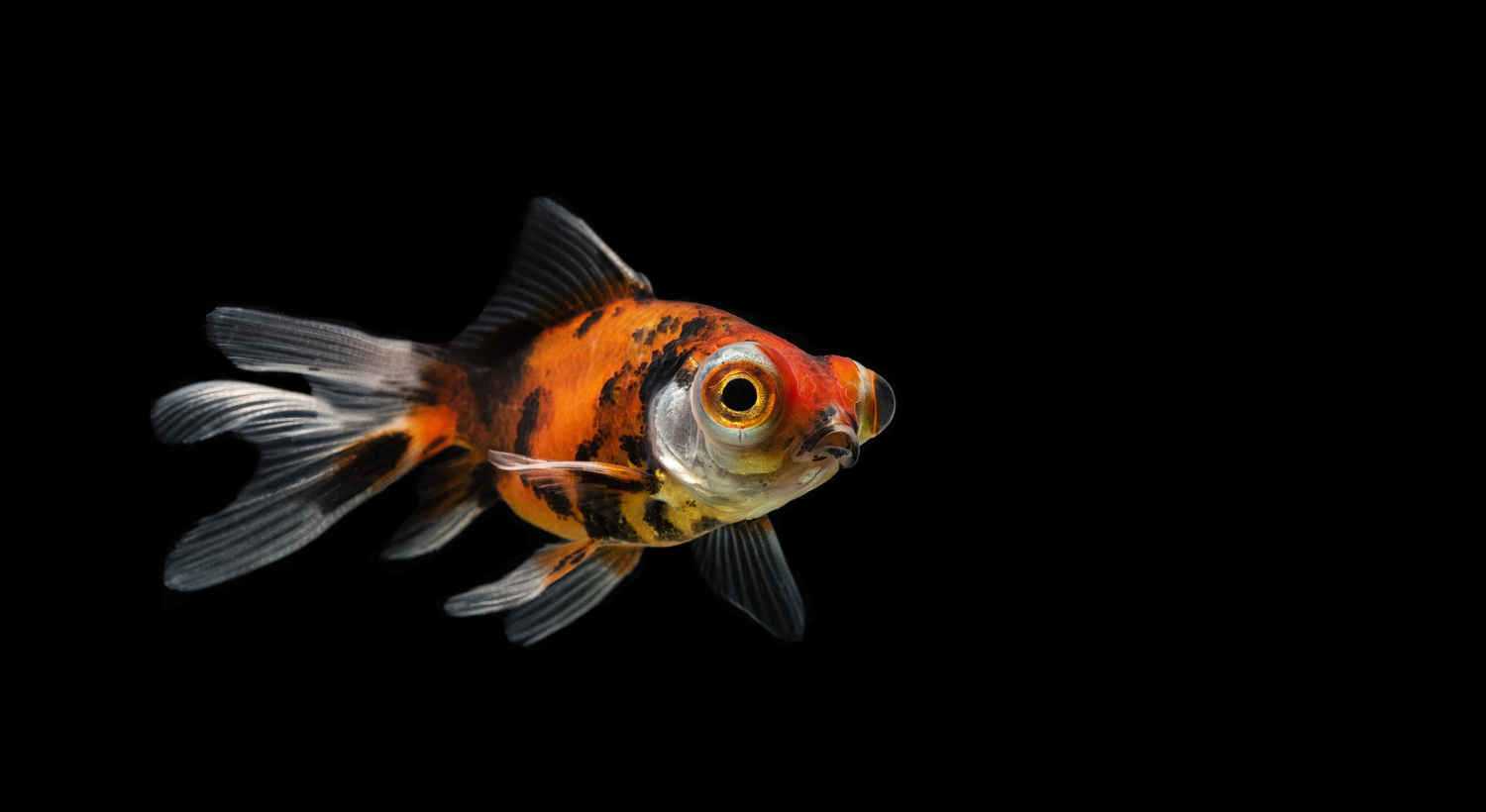
%20-%20Copy.jpg)
